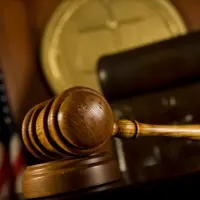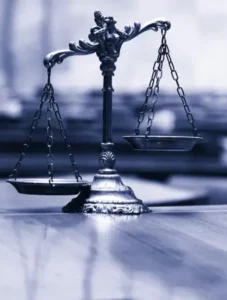What Happens After Criminal Charges in Montana
No case is ever the same, and we take that to heart. Treating every case differently and building a defense that can represent you and your situation specifically. However, the trial process can be summed up and the general process that follows getting charged.
1. Arraignment & Initial Appearance
You’ll appear before a judge within 24–48 hours (excluding weekends).
Charges are formally read, bail may be set, and your rights are reiterated.
2. Hiring an Attorney & Early Case Review
Crucial to connect with a lawyer right away.
Evidence is analyzed, police reports are reviewed, and potential defenses are identified.
3. Pretrial Motions & Discovery
Your attorney may file motions (e.g. to suppress evidence).
Discovery gives access to all evidence the prosecution will use.
4. Plea Negotiations vs. Trial
Plea offers often happen after evidence is clear.
If no agreement is reached, your case proceeds to trial—jury or bench.
5. Trial Process
Prosecution lays out their case; you present yours.
Witnesses, evidence, and cross-examinations shape the outcome.
6. Sentencing if Convicted
Judges consider guidelines, criminal history, and mitigation before declaring penalties. The lawyer you choose to represent you will have laid out reasons to mitigate any penalties and build a case that not only tries to prove innocence, but also show why you deserve a less harsh penalty.
Charged With a Crime in Montana? We’re Here to Help.
If you’ve been charged with a crime—whether a misdemeanor, felony, or federal offense—your future is on the line. At Maldonado Law, PLLC, we bring over a decade of criminal defense experience to every case. We fight hard to protect your rights, minimize penalties, and secure the best outcome possible.
If you’ve been charged with a crime in Montana, you have the constitutional right to legal representation—and you need a defense attorney who will fight for your rights at every stage of the legal process.






